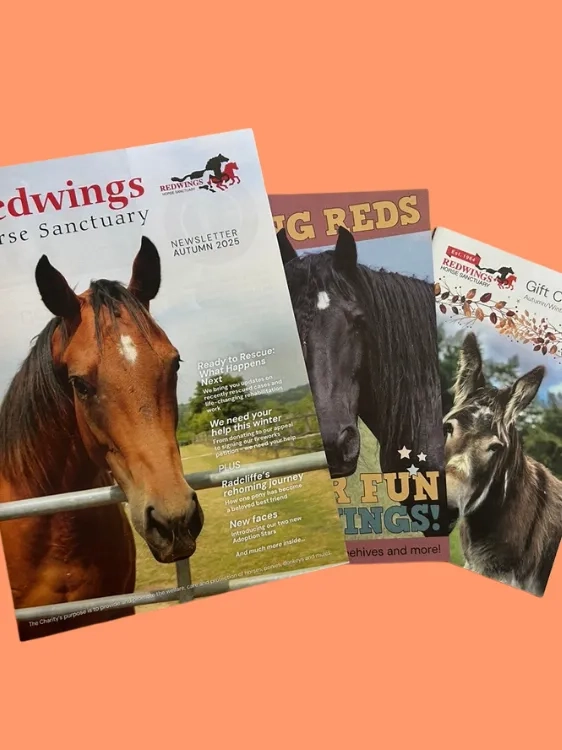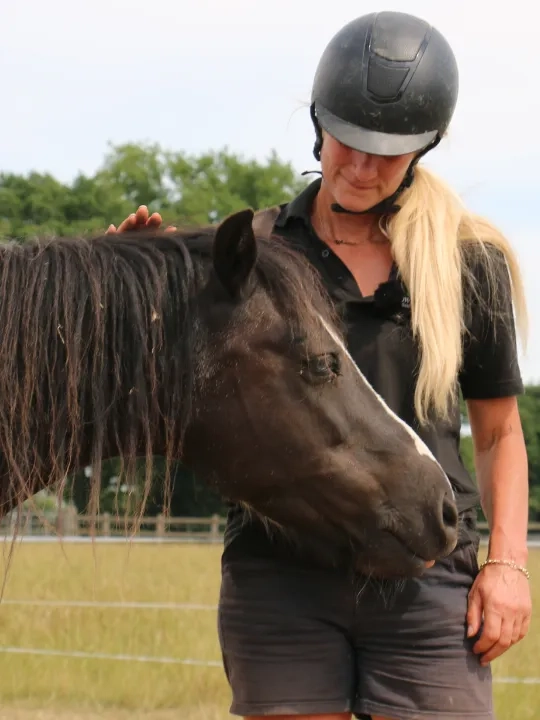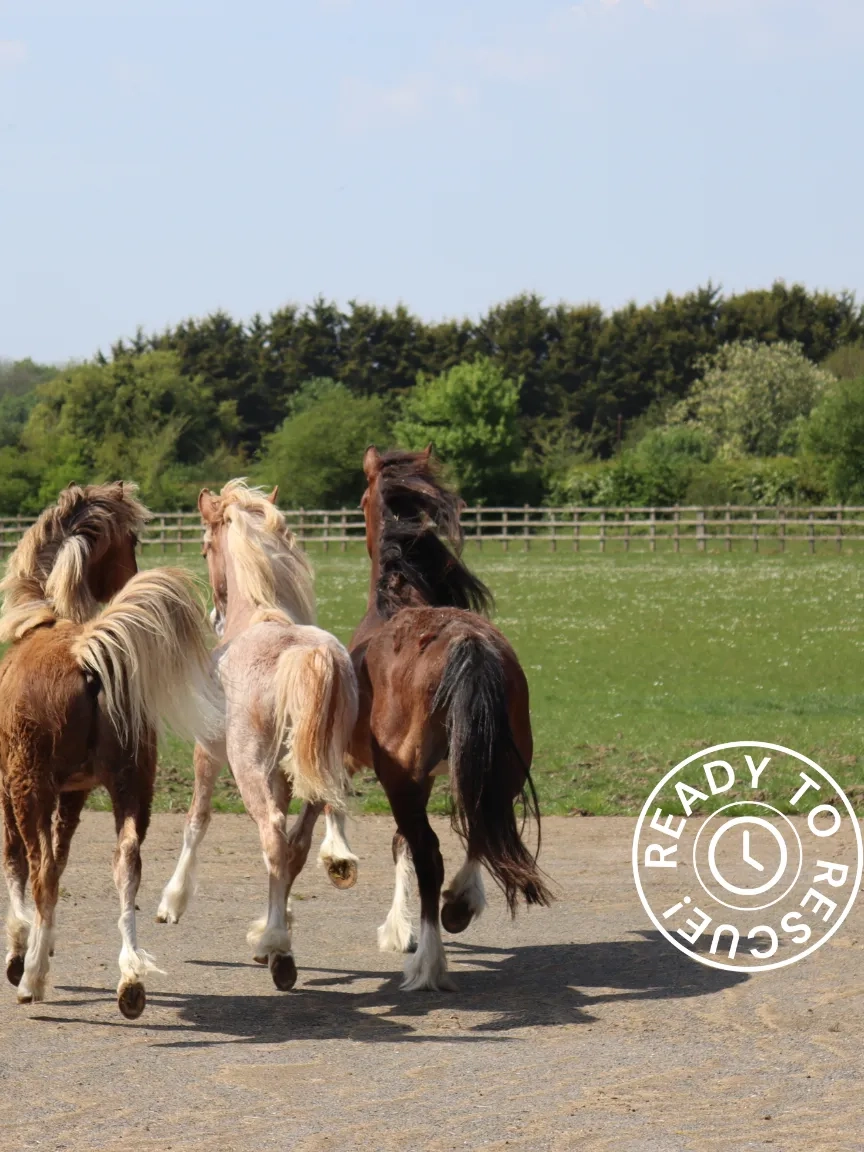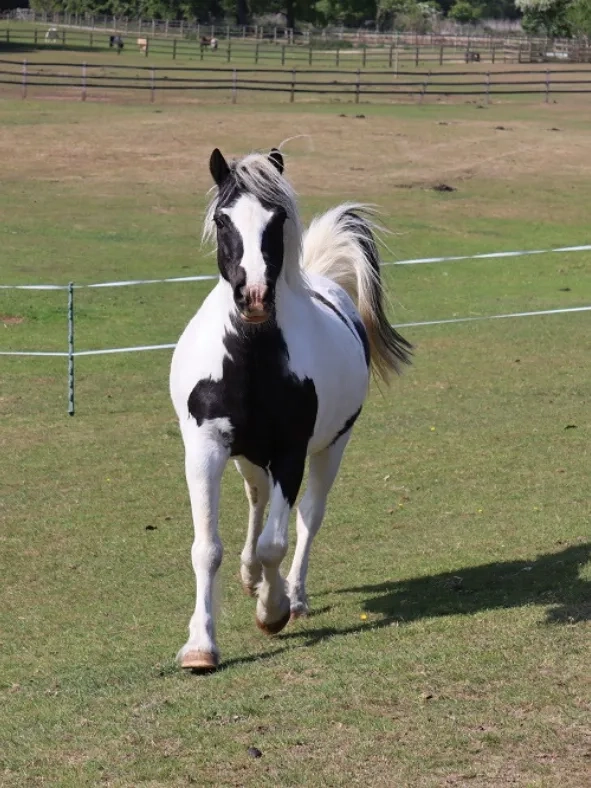30 October 2017

On Thursday 28th October, Redwings Ada Cole hosted a training day for local authority representatives to give councils the tools to tackle horse welfare issues in Essex.
Eleven delegates attended the training, which had a strong focus on partnership working – both in highlighting the benefits of councils working alongside welfare charities in dealing with equine issues in their area and in the training itself involving presentations from Redwings, RSPCA and World Horse Welfare.
The primary aim of the training was to provide a greater understanding of the Control of Horses Act (2015), and when and how to use it to tackle fly-grazing – the illegal practice of grazing horses on public or private land without permission.
Indeed, as Rachel Williams, Senior Parliamentary Advisor for the RSPCA, explained in her introduction to the workshop and to the Act, it is important to understand the difference between fly-grazing and abandonment in order to determine which legislation to use. “The Control of Horses Act has been designed to tackle fly-grazing specifically,” she explained. “It is not a one-stop-shop for dealing with every problem associated with horse welfare”.
Following Rachel, former Local Authority National Lead Officer for Equine and now officer for World Horse Welfare Steven Gale provided practical guidance for using the Act, but also shared the frustrations of all horse welfare charities in the ongoing problems associated with equine ID.
Although it is a legal requirement for horses to be microchipped and passported, there is currently no legislation to enforce, meaning it is near impossible for owners who fly-graze their horses to be identified and sanctioned. “Without traceability no-one is held to account,” explained Steven. “Horses need to be microchipped (including retrospective microchipping), a central equine database for identifying chips needs to be in place and accessible by all, and we need enforceable – and enforced – equine ID legislation”, which he says he hopes will be in place by 2018.

World Horse Welfare’s Chief Field Officer Claire Gordon provided a fascinating insight into three differing case studies of fly-grazing and how welfare charities can help. She also praised local authorities in Essex during a lively question and answer session for how well they are using the Control of Horses Act and their understanding of the law as a useful tool.
The morning session concluded with our Head of Welfare and Behaviour Nic de Brauwere echoing Claire’s emphasis on the importance of partnership working. “The ultimate outcome for welfare charities is happy horses,” explained Nic. “And the ultimate outcome for local authorities is happy communities who share their boroughs with these horses and horse owners”.
Nic also provided a thorough explanation on how fly-grazing impacts horse welfare, beginning by answering the question “What is welfare?”; the answer being “fundamentally, welfare is the experience of the animal and whether their needs are being met”. He then continued to explain that sadly, “fly-grazing and issues associated with horse welfare are not a new issue, rather they’re just more visible – the horses themselves are more visible as a consequence of overbreeding, waning demand and surplus supply, but also they’re more prevalent in the public eye with the rise of social media”.
The training course was rounded off with an afternoon practical handling session with Redwings rescued horses Blossom and Moto. Our Equine Behaviour Manager Sarah Hallsworth and Senior Veterinary Surgeon Roxane Kirton, together with Redwings’ Senior Field Officers Julie Harding and Jo Franklin, led two sessions in approaching and catching horses, sharing their valuable advice on working with horses safely.
The Control of Horses Act training day received fantastic feedback from all delegates and Redwings, the RSPCA and World Horse Welfare are keen to continue to provide more workshops in the future. Interested councils can contact welfare@redwings.co.uk for further information and to register an interest.
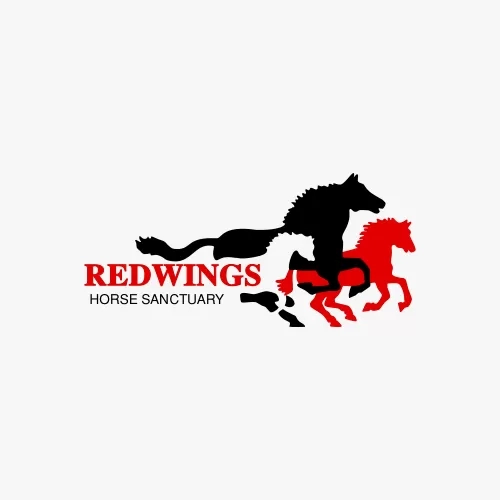
Redwings Press Office
Find out more about Redwings Press Office
